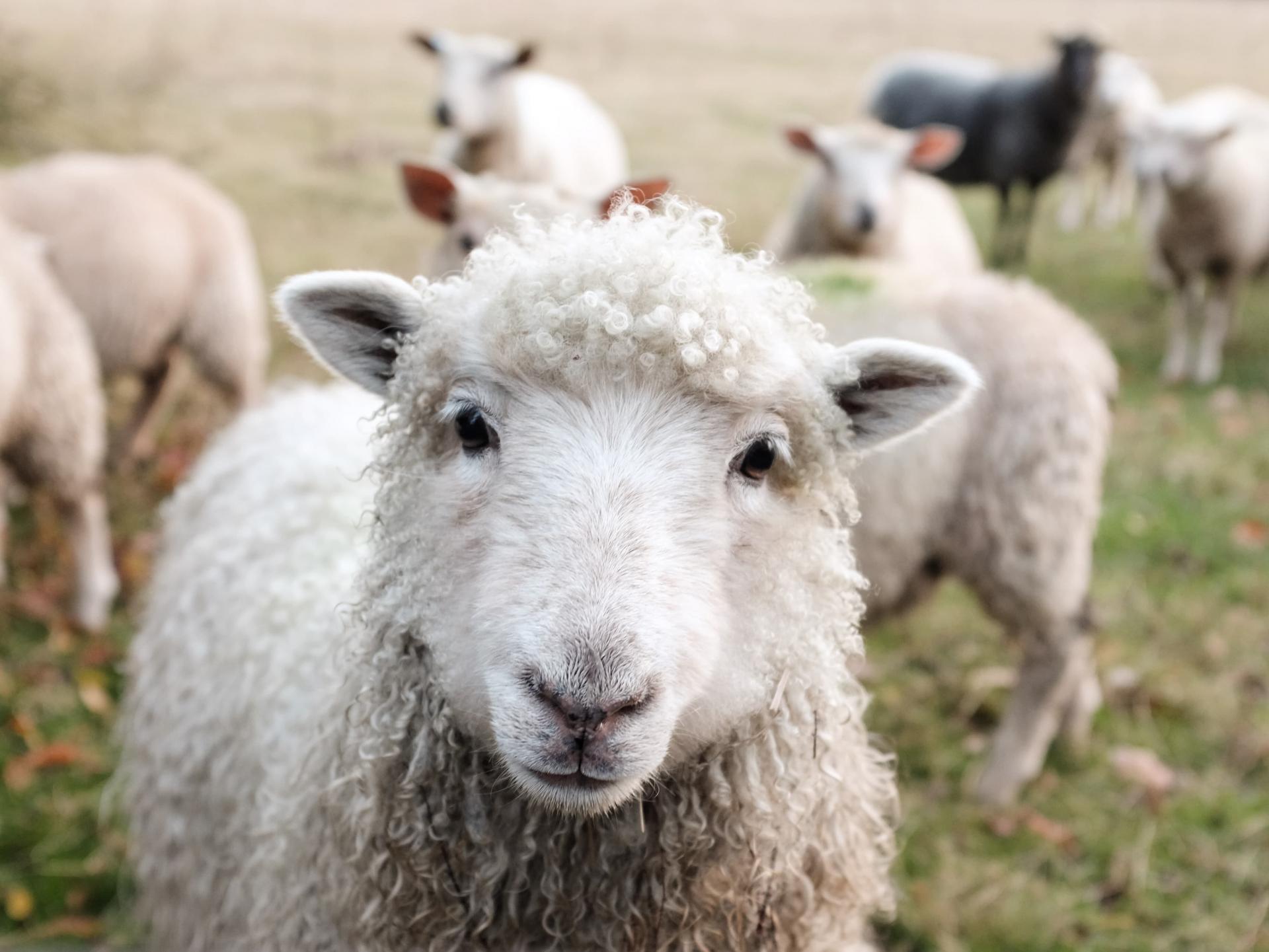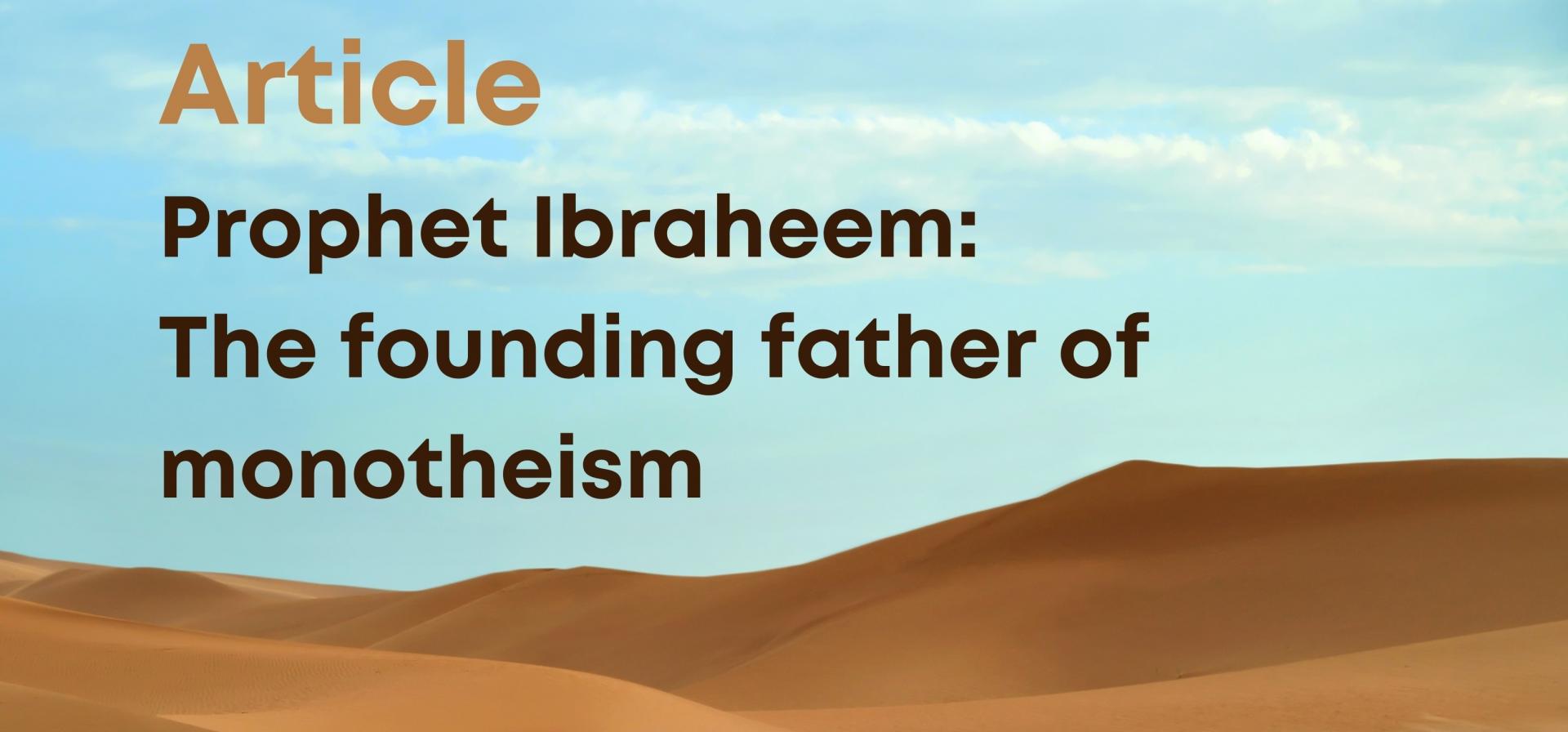I’m a Vegan Muslim: I Don’t Think Qurbani is Ethical
The tradition of Qurbani comes from the story of Ibraheem (as) and his son Ismaeel. Most of us have heard the story of Ibraheem (as) having a dream of slaughtering his son:
‘And when he reached with him (the age of) exertion, he said, “O my son, indeed I have seen in a dream that I (must) sacrifice you, so see what you think.”
If one of us were to have a similar dream, we probably wouldn’t take to its meanings quite as literally. When a prophet has a dream, however, it’s of much greater divine indication, inspiration and symbolism. Understanding this, Ismaeel (as) responded:
He (Ismaeel) said, “O my father, do as you are commanded. You will find me, if Allah wills, of the steadfast.”’ (37:102)
But what was the point of this? This dream was a test of Ibraheem (as)’s submission to Allah’s will. Ismaeel (as) was the most beloved thing to him in the world. This test was sent by Allah to see whether Ibraheem (as) was willing to sacrifice his most precious worldly possessions and desires for His sake. In life, there are a number of things we desire, feel and think about the world. We love different people, hold individual value systems and face different trials. As Muslims, we are united by the principle of submitting these desires to Allah, and favouring Him above all else.
When it comes to Qurbani, a number of people begin to speculate whether it’s actually necessary to sacrifice an animal; What about animal rights? Isn’t this an inherently unethical practice? What if I’m a vegan? Can I sacrifice something else?
First, we must address that in Islam eating meat is something which is clearly permissible. When it comes to the fiqh of eating and drinking, there are clear guidelines which direct us towards the types of meat and foods we can and cannot eat. In general, we eat those foods which Allah has ordained for us as being halal and purified and stay away from those foods which are filthy and impure.
‘O you who have believed, eat from the good things which We have provided for you and be grateful to Allah if it is (indeed) Him that you worship.’ (2:172)
When it comes to our personal lifestyle choices, there is flexibility in how we choose to live our lives. If we prefer not to eat meat, then we don’t have to. We can’t however view a practice which is halal and permissible as being unethical. Allah (swt) is the most Just, Wise and Knowledgeable when it comes to His creation. He (swt) has outlined through His religion how we are to treat animals, maintain them and slaughter them in a way which is most compassionate and merciful. If people stray from these guidelines, then without a doubt the treatment of animals can become unethical. By sticking to the guidelines of the Quran and Sunnah, we ensure that we live our lives in a manner which is of highest ethical conduct to ourselves, others and all of creation that surrounds us.
Returning to the story of Ibraheem (as), we learn that no matter what we desire, we submit unwaveringly to the command of Allah when it comes. If Allah (swt) has commanded us to slaughter an animal, then we will do so in complete submission to Him regardless of what our hearts feel. In reality, this isn’t even about the animal we’re slaughtering. This is about sacrificing our desires, inclinations and wants for the sake of Allah. This is an act of total submission and humility before Him (swt).
Photo credit to Sam Carter on Unsplash



